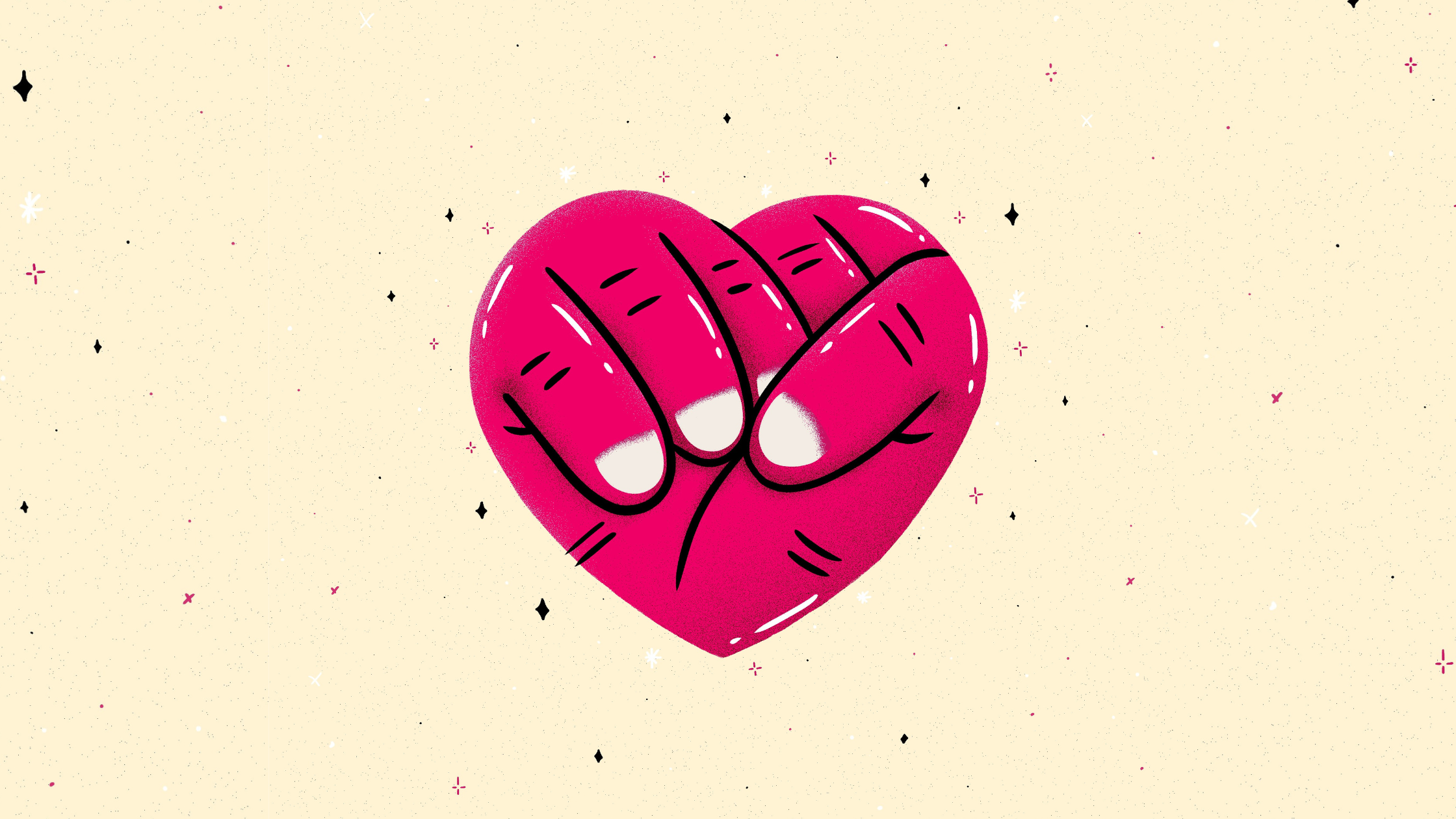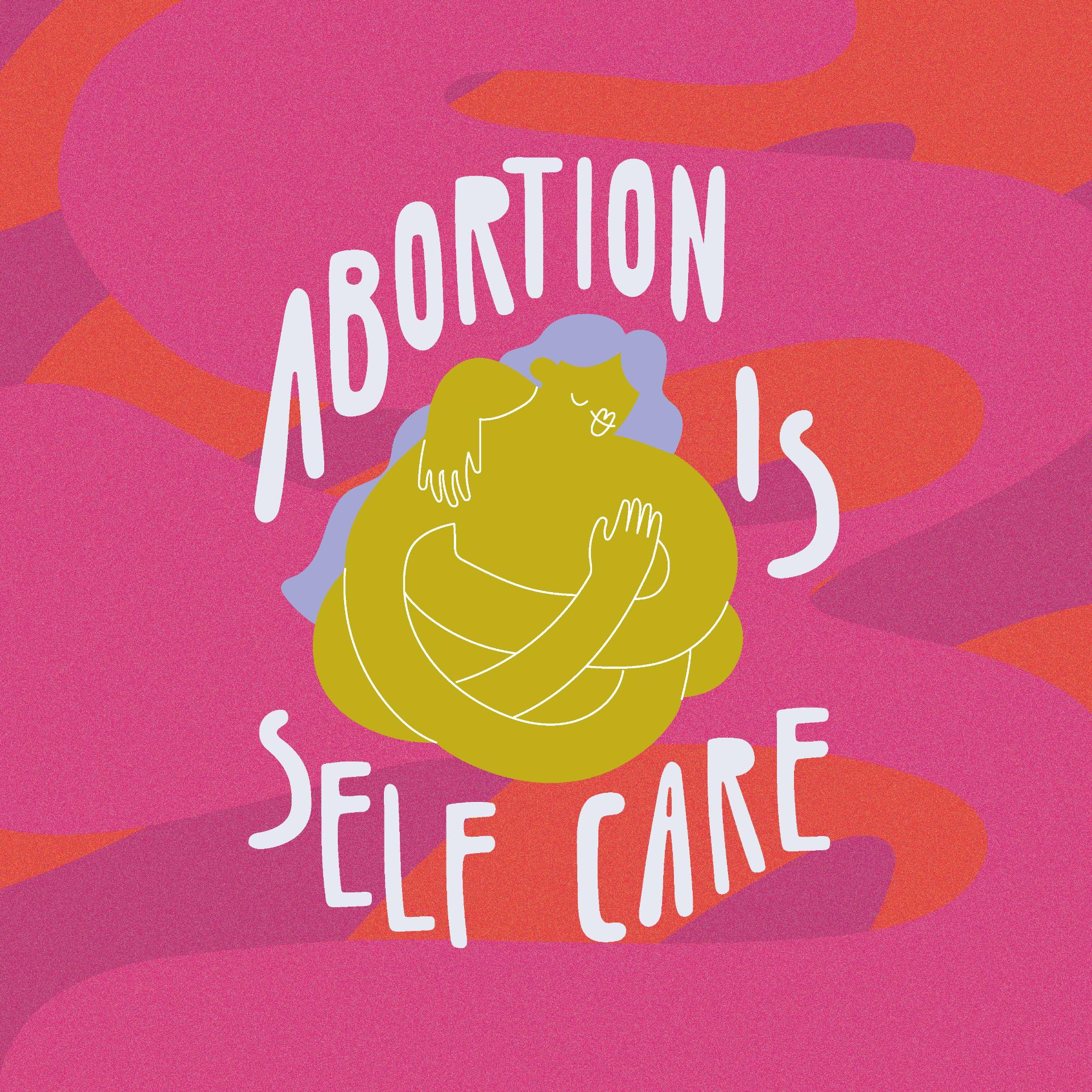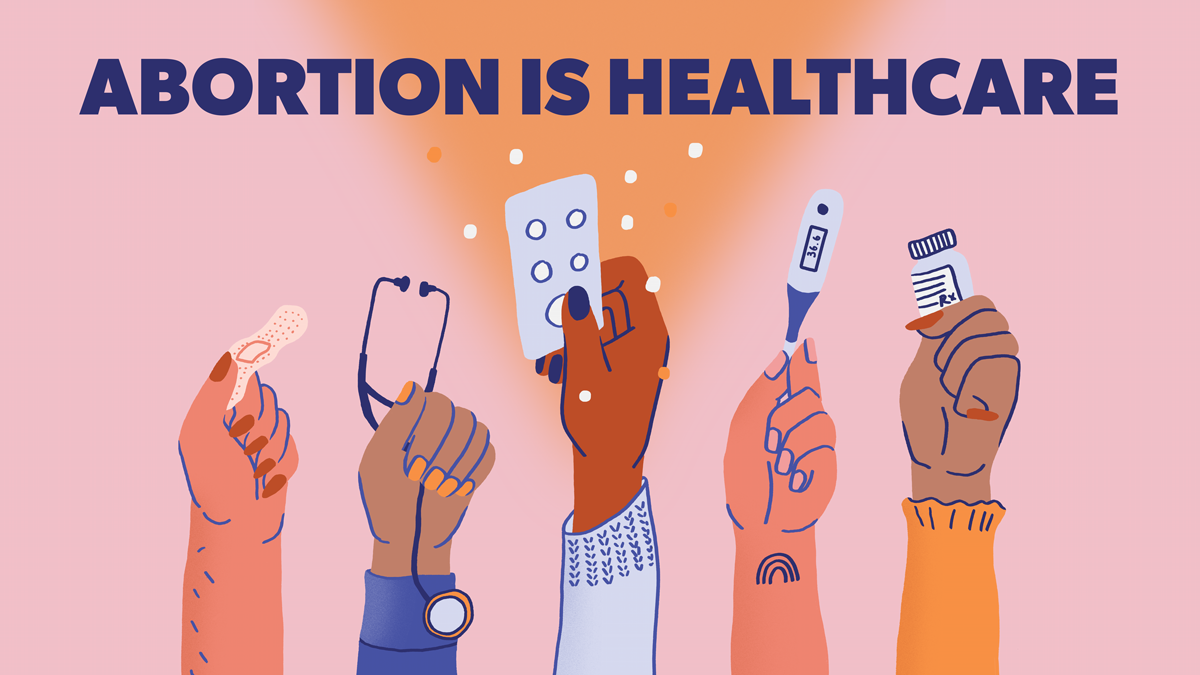When the Supreme Court’s overturning of Roe v. Wade in June 2022 swept away decades-long constitutional protection of abortion rights for women in the US, Europe sat up and took notice.
Access to abortion care is a postcode lottery in Europe and varies greatly depending on where a person lives. It is especially hard for people from populations who suffer from systemic and intersecting discrimination and inequalities. Nevertheless, the majority of countries allow abortion on a person’s own request or on broad social grounds, at least in the first trimester of pregnancy.
Against this backdrop, the overturning of Roe v. Wade triggered widespread outrage and debate over reproductive rights, as US State after State enacted restrictive legislation to revoke people’s access to essential reproductive healthcare. Extensive media coverage helped raise public awareness of the fragility of reproductive freedom, and politicians, activists and citizens in many countries, from Ireland, Belgium, Germany and The Netherlands to the UK, Luxembourg, France and Greece, spoke out and mobilised in solidarity with US women. Rights advocates were keenly aware that the US move had the potential to further embolden coercive, chauvinist forces in European countries to double down on similar strategies to attack women’s bodies, as part of efforts to undermine democracies and the rule of law. Discussions were held about steps that could be taken on this side of the Atlantic to protect and advance women’s right to bodily autonomy, now and for future generations.
In the two years since the overturning of Roe, we have seen both progress and setbacks on abortion rights in Europe. The biggest and most visible triumph that can be clearly traced back to the aftermath of the Supreme Court ruling was the enshrinement of abortion rights in the French constitution, voted by an overwhelming majority of politicians from across the political spectrum on 8 March 2024. Pushed onto the agenda by feminist activists and civil society organisations, in partnership with like-minded politicians, this development has safeguarded abortion rights for the long term against meddling by anti-choice actors – something which has taken on added significance given the success of the far right in the June 2024 European elections, and imminent legislative elections in France, which may see these gains consolidated in the national parliament and lead to a change of government.
The US backsliding also gave impetus to moves to advance and safeguard abortion rights – some of which were already underway - in countries including Spain, Belgium, Germany, Finland and Denmark. Still, threats to women’s lives, health and dignity persist. In Malta and Poland, access to abortion care is still extremely restricted, and although public debate and support for decriminalisation have intensified, they have not yet borne fruit in terms of better legal frameworks and access. Meanwhile, in other countries such as Hungary and Slovakia, anti-choice actors continue to employ the tactic of chipping away at existing reproductive rights.
At the EU level, Members of the European Parliament (MEPs) – traditional champions of SRHR, gender equality and human rights - spoke out in solidarity with US women having their reproductive rights snatched away. The shocking regression in the US, followed by momentum towards constitutional protection for abortion in France, turned up the volume on calls for the EU to add the right to abortion care to the EU Charter of Fundamental Rights, one of its founding treaties. MEPs’ determination and support for safeguarding reproductive freedom was confirmed in April 2024 when a large majority voted to adopt a political statement calling to include abortion access in the Charter. Meanwhile, political groups from the centre and left of the political spectrum made strong commitments to defending and advancing reproductive freedom in their manifestos for the European elections in June. At this start of the new legislative term, and given the electoral success of the far right, especially in some countries, IPPF EN is committed to reminding new and returning MEPs of their institution’s proud, longstanding legacy as a champion of human rights, and their responsibility to uphold them.
In the meantime, determined feminist activists, motivated in part by the overturning of Roe v. Wade, as well as by such disparity in abortion access across Europe, have recently taken things into their own hands. In April 2024, social movements in Slovenia, Poland and other countries, launched a European Citizens’ Initiative - My Voice, My Choice – to push for an EU funding mechanism to ensure access to abortion care for anyone in EU states where the national system fails to provide it. Rooted in urgent calls for solidarity between European countries, the ECI has so far been signed in record time by half a million EU citizens out of the 1 million needed.
Two years on from the Supreme Court ruling, and in spite of many examples of progress on abortion rights, Europe stands at a worrying crossroads. Ultra-conservative forces in many countries and at the EU level – as in many countries around the world - have increased their hold on political power by winning popular support for chauvinist agendas that – inter alia - undermine the rights of women and people from marginalised communities. To stem this tide, it will be crucial for advocates, activists and decision-makers to come together across communities, countries and regions to ensure that all people can enjoy equal rights and lead free and safe lives, free from discrimination and violence.
***
If you're an EU citizen, please sign the My Voice, My Choice call for safe and accessible abortion in Europe here. Every signature counts!
Read more from IPPF global about impacts of the overturning of Roe v. Wade, 2 years on.
Illustration: Tanya Shyika



















